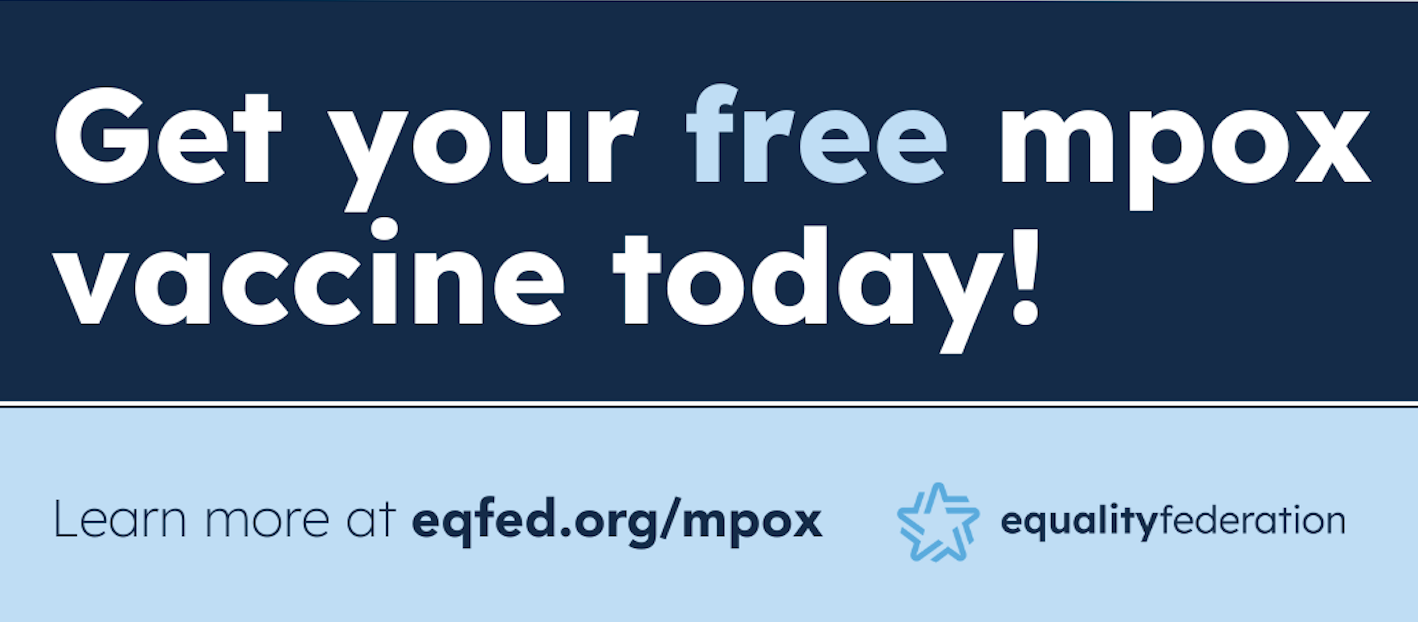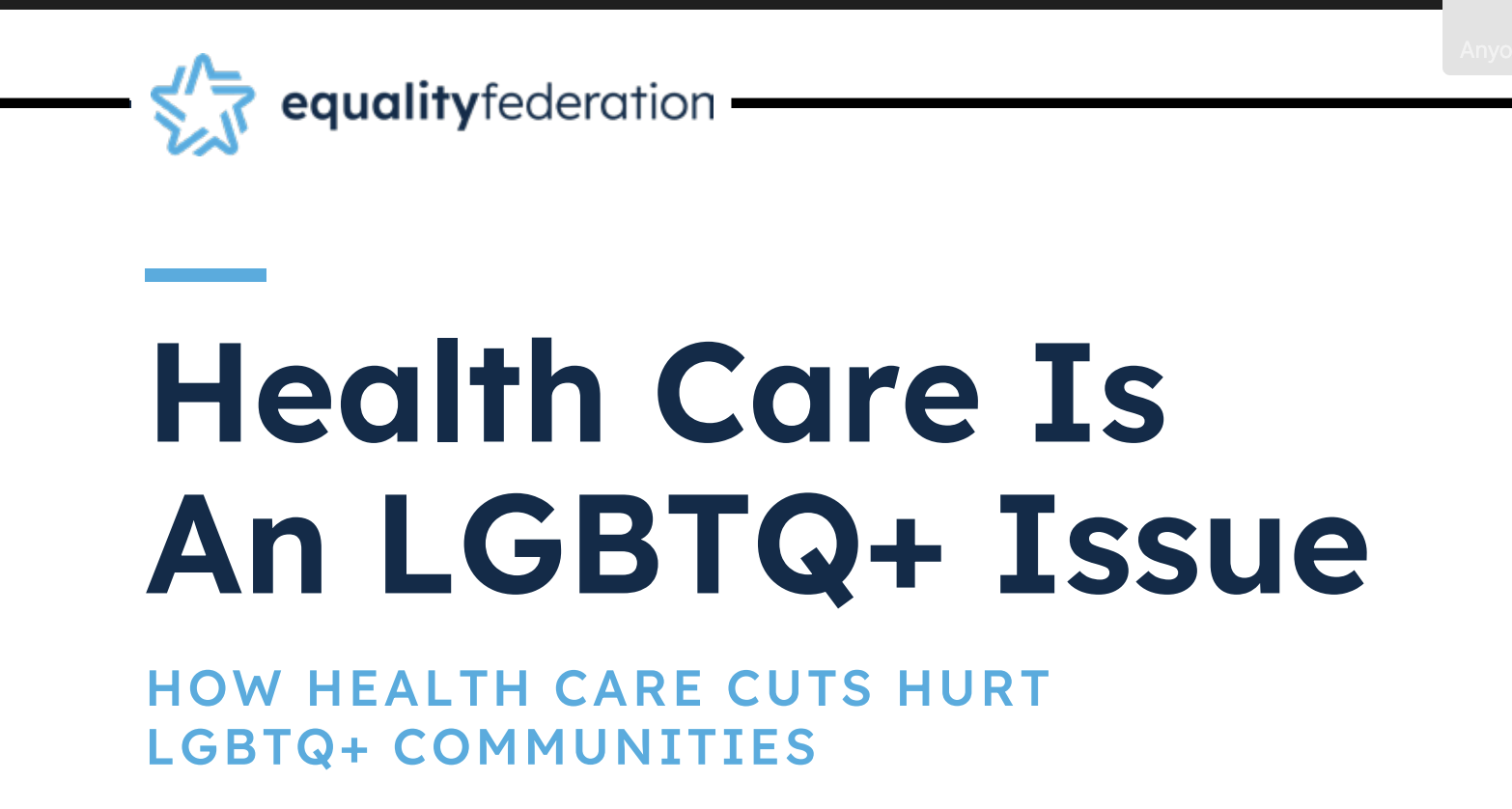Stories from the States: Tennessee Equality Project Prepares for Marriage on DAY ONE

As marriage litigation makes its way through the courts, state leaders across the country are preparing their communities for the day when the freedom to marry is a reality for all committed couples nationwide.
In one state, member organization Tennessee Equality Project (TEP) has created a statewide campaign to prepare the LGBT community in Tennessee for marriage on DAY ONE. We were able to talk with Chris Sanders, Executive Director of TEP, to learn more about this campaign.
Equality Federation: What is the Tennessee Ready for Marriage DAY ONE program? What is the Marriage PLUS Pledge?
Chris Sanders of Tennessee Equality Project: The program is designed to prepare couples who want to get married in Tennessee and volunteers who want to help on our first day of marriage equality, whenever that is. We are holding these sessions throughout the state — Knoxville, Johnson City, Cookeville, Collegedale, Nashville, Jackson, Memphis, and Murfreesboro — to make sure that everyone who wants to participate is within an hour’s drive of a session.
During the session, participants are asked to sign the Marriage PLUS Pledge. This is a commitment that most of the participants make to continue working on all the issues that matter to our community after we achieve marriage equality such as job discrimination, safe schools, public accommodations discrimination, etc.
EF: What have you been discussing at these events? What has been the outcome?
CS: The program curriculum discusses the basics, such as where couples go to get married, requirements to get a marriage license, who can solemnize their marriage, the cost, etc. But we also discuss risks and how to work through them. Many couples in Tennessee, for example, don’t realize that marriage equality won’t end workplace discrimination, so we urge care and caution so that folks don’t out themselves without realizing it by turning in a status change form for benefits the day after they get married.
We also talk about roles for volunteers (people who won’t be getting married) on DAY ONE. These include people who can help notify us if their county clerk is marrying same-sex couples as well as safety volunteers who can be on site when marriage equality begins in order to report any threatening action by opponents of marriage equality. We also discuss which counties are more and less likely to issue marriage licenses at the first opportunity and how we plan to route people to the right county clerks.
The outcome has been positive in a number of ways. The sessions provide a way to connect with our community throughout the state, provide information that the couples didn’t have, and offer our members new volunteer opportunities. There is also a transitional outcome. We believe that the program will help our members understand the need to stay involved after marriage equality begins. There will still be much work to do in Tennessee post-marriage.
EF: What are TEP’s goals in having these programs?
CS: One goal is informational — we want couples who want to get married in Tennessee to have the information they need. Another goal is engaging as much of the statewide community as possible. We have a strong commitment to geographic diversity. An additional goal is to shape the conversation about what comes after marriage equality in Tennessee. We don’t want our community and allies to stop working for full legal and lived equality when marriage is achieved.
EF: How has Equality North Carolina been involved in this program? How does their involvement connect to your Summer Exchange work with them?
CS: Jen Jones of Equality North Carolina joined us for the session in Collegedale and she was able to discuss the 4th Circuit marriage ruling and how that is playing out, which was helpful to our members thinking through the timeline for marriage equality in Tennessee.
Our Summer Exchange with Equality North Carolina has opened up a sharing of perspective and information that I believe is strategically important. Our states are similarly situated politically, so we talked through portions of the curriculum with them prior to implementation, and I believe they are considering how best to prepare for their DAY ONE. When Chris Sgro of Equality North Carolina visits Nashville to discuss Moral Mondays, I believe that will help reinforce the idea that there is much work left to do after marriage. When I visited North Carolina, we discussed best practices for advancing policy in local government, which will certainly have to continue in both states after marriage.
EF: How does this event fit into the overall work you are doing at TEP?
CS: It gives us a popular platform to meet face-to-face with our community throughout the state and engage them on the full spectrum of issues. Marriage is a draw, and it gives us an opportunity to discuss everything else. I think that is a conversation that our movement is fretting about. We hope we’ve found a way to connect everything.
EF: What advice would you pass on to other Federation members hoping to create a program like this?
CS: Obviously, we would be glad to discuss the program with them. Even if an organization can’t put together information sessions around their state, they should prepare. Think through the questions your members will ask about what to do on the first day of marriage equality. Accept the fact that it’s impossible to reach everyone, but getting more people up to speed means they can help spread correct information, which will extend your reach. Think through how to involve volunteers who have a strong interest in this issue. Finally, use it as an opportunity to talk to your members about what’s next for your state, whether those are cultural or policy goals.
Thank you to Tennessee Equality Project for working to educate and prepare the community in your state for winning marriage and beyond!



.png)

.jpg)
.jpg)
.jpg)
.jpg)
.jpg)
